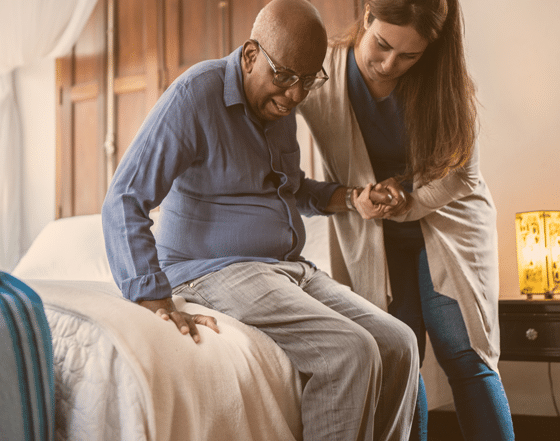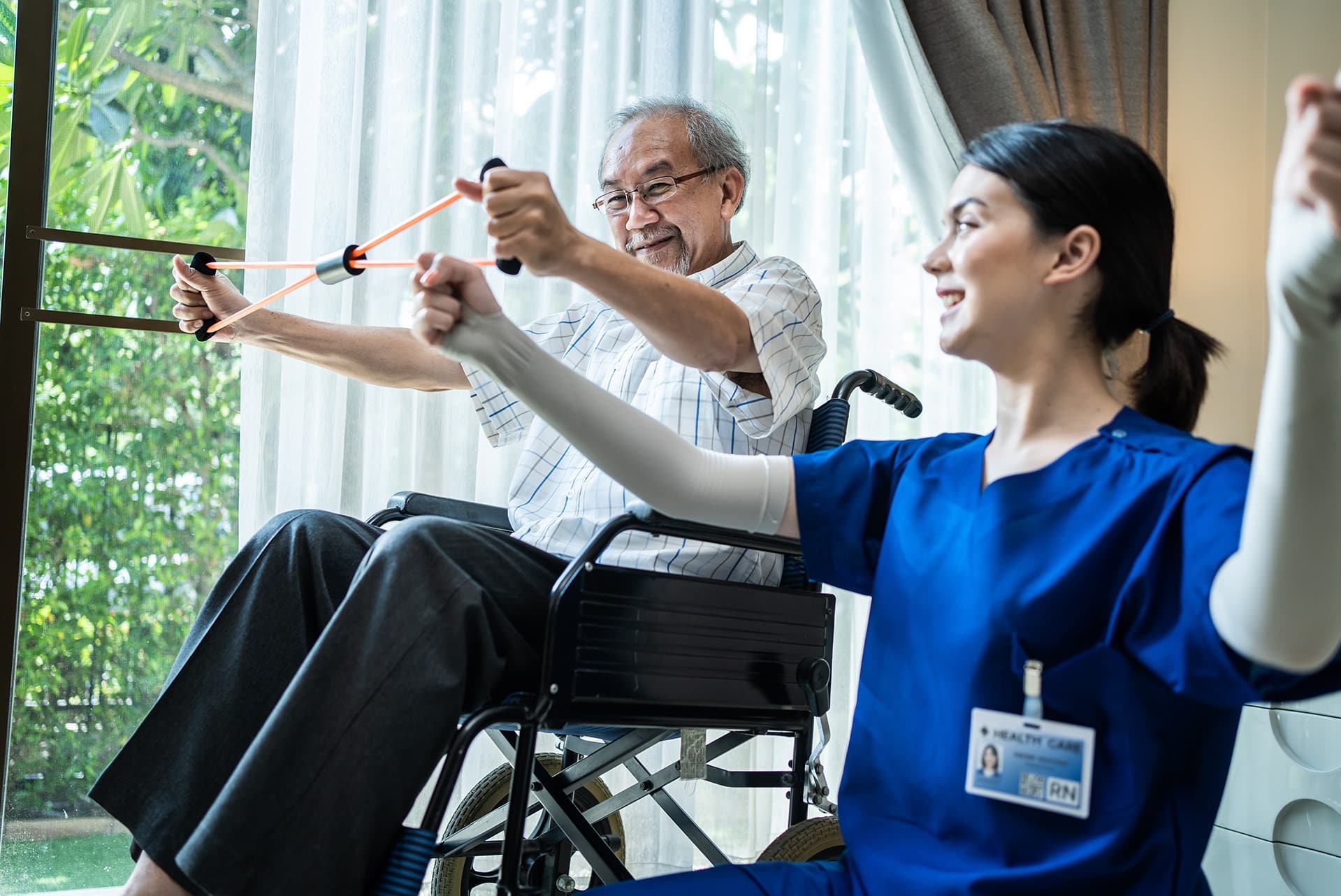Energy Employees Occupational Illness Compensation Program Act
Understanding Compensation, Benefits, & Eligibility

Created to protect the interests of former or current employees of the U.S. Department of Energy, the EEOICPA provides prompt compensation and benefits to those suffering from radiation-induced cancer or other covered illnesses.
EEOICPA includes two parts: Part B went into effect in 2001, and Part E of the program went into effect in 2004. These outline the specific eligibility requirements and compensation/benefits available to those who qualify. If you are determined to be eligible for compensation and benefits, you will receive your White Card.
Qualification Requirements
- Be a current or former employee of the Department of Energy or its contractors/subcontractors
- Be suffering from radiation-induced cancer or chronic illnesses that developed after working at a facility of the Department of Energy or its contractors/subcontractors
- Determined to be a member of the Special Exposure Cohort (SEC)
Compensation & Benefits
- $150,000 compassionate settlement for Part B eligibility
- Up to $250,000 based on wage loss, impairment, and survivorship under Part E
- 100% coverage of medical expenses for illnesses caused by exposure to toxic substances
- Home health care services
- Travel reimbursement for medical treatments
Determining Eligibility for Benefits
I need to gain access to a White Card.
See if you qualify for a White Card.
I have a White Card.
We can assist you with transferring care to Giving Home.
Answering your questions about the EEOICPA
Regular communication with your doctor ensures that all relevant medical information is included, which is essential for the success of your claim.
Additional testing may be required to fully assess your health status and ensure all eligible conditions are documented to maximize your full benefit potential.
No – you can apply for most any addition that can be linked to radiation or other toxic exposures.
An AR is a professional who advocates on your behalf, managing your claim and ensuring all necessary steps are taken to secure the benefits you are entitled to.
Timelines can vary depending on the specifics of your claim, including the complexity of your medical conditions and the responsiveness of involved parties.
There is no out-of-pocket cost to you for filing a claim or receiving authorized medical care under the EEOICPA program. If you choose to work with an Authorized Representative, they typically operate on a contingency basis, meaning they only get paid if your claim is successful.
Giving Home Health Care provides a range of services to support you throughout the claims process, including coordinating medical care, managing your claim, and ensuring you receive all the benefits you’re entitled to. We work closely with ARs and other stakeholders to maximize your health and well-being.
If your claim is denied, you have the right to appeal the decision. Your AR can help you understand the reasons for the denial and guide you through the appeals process. A denial does not constitute the end of your ability to file your claim.
Yes, the EEOICPA program allows for compensation and benefits for multiple qualifying conditions. Each condition needs to be documented and supported with medical evidence.
If your health deteriorates after your claim is approved, you may be eligible for additional benefits or an increased impairment rating. It’s important to report any changes in your condition to your AR. You are not required to only have one impairment rating.
If you pass away due to a condition covered under the EEOICPA program, your eligible survivors may receive benefits. It’s important to have a plan in place, including notifying your AR or family members about these potential benefits.
Accessing Compensation & Benefits
The process for filing claims as an energy worker or on behalf of an energy worker is daunting and complex. A case file must be compiled that contains evidence of employment, a diagnosed medical condition, and causation for that medical condition. Causation must link the employee to an exposure that led to the medical condition.
At Giving Home, we are here to help every step of the way. We will put you in touch with Authorized Representatives who will help you gain access to the program by assisting you with claim filing.

